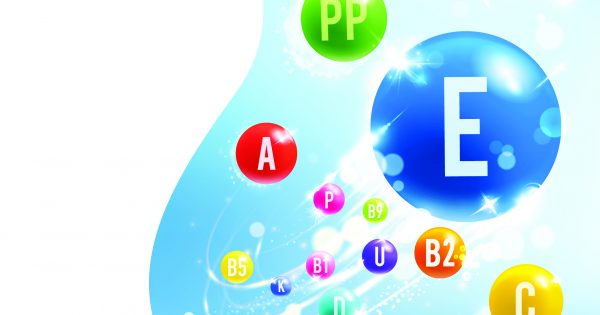Breastfeeding is a wonderful experience for both the mother and child. In addition, a mother’s breast milk is the best and primary form of food source for an infant because it has the right nutrient content and ideal combination of proteins, fats, vitamins, carbohydrates, cholesterol, docosahexaenoic acid (DHA), taurine, many antibodies/antimicrobial factors and live cells, etc. Research has proven that breastfed babies are healthier. They are less likely to be stricken by infectious diseases, such as bacterial meningitis (infection of membranes in the brain), diarrhoea, respiratory tract infection, and urinary tract infection.
Although breast milk is undoubtedly the best for your little one, some mothers choose not to breastfeed their baby for various reasons. These include lack of support, misinformation, ignorance and a multitude of other reasons such as the ready availability of prepared formulas, paraphernalia of bottles and rubber nipples, and ease of sterilisation. In these cases, mothers resort to infant formulas or milk from dairy animals such as cows and goats. While these milk types may not be the best nutritional choice for infants, they may contain some nutrients and vitamins that breastfed infants receive from breast milk.
Infant formula as an alternative
Infant formula is an alternative to breast milk as it resembles mother’s milk in its nutrient content. However it can never be as good as breast milk. These formulas come in the form of powder, concentrated liquid or ready-to-use formulas and can be categorised into 2 main types – cow’s milk-based formulas and soy-based formulas.
- Cow’s milk based formulas are essentially made using cow’s milk that has been altered to resemble breast milk. This formula contains the right balance of nutrients and is easier to digest. Some babies do well on this formula, but others who are allergic to the proteins in cow’s milk may need to take different types of infant formula.
- Soy-based formulas. Soy-based infant formulas may be an option for babies who are intolerant or allergic to cow’s milk formula or to lactose, a sugar naturally found in cow’s milk.
Though infant formulas have some resemblance to breast milk when it comes to nutrient content, they fail to match the complexity of breast milk, are expensive, and create more gas and cause constipation in babies. Most importantly, infant formulas lack the important antibodies found in breast milk to fight against infections and illnesses.
Is whole dairy milk good for my baby?
A baby under the age of one should not be given dairy milk but should be fed breast milk or infant formula. This is because cow’s milk and goat’s milk contain inadequate amount of iron, small amount of vitamin C, E. Cow’s milk also has higher sodium, potassium, chloride content compared to infant formula.
Once the baby reaches 1 or 2 years of age, whole dairy milk can be introduced to provide calcium, protein and carbohydrates. However, digesting the high concentrations of proteins and minerals in cow’s milk can tax an infant’s immature kidneys, while inadequate iron and vitamin C content can cause iron-deficiency anaemia in some babies. Whole cows’s milk can be given to a baby past the age of 1 year provided that he is also given solid foods.
Goat’s milk, on the other hand, is said to have high calcium content and is easier to digest than cow’s milk due to its protein make-up. However, the American Academy of Paediatrics discourages feeding infants this type of dairy milk as it could cause allergic reactions and life-threatening infections. In addition, goat’s milk does not have all the nutrients, specifically vitamin B-12 and folic acid, that a baby needs in order to develop and grow.
Human milk is specific for the human infant, just as the milk of other mammalian species is specifically designed for their offspring. However for mothers who for various reasons are unable to breast feed, then infant formulas are given as a substitute for growing babies, while dairy milk is discouraged for children under the age of one.
All mothers need to have accurate information so that they can make an informed decision whether to breastfeed or opt for bottle feeding. Consult with your paediatrician/lactation consultant even before your baby’s arrival. Remember breast milk is and will always be the ideal nutrition for human babies.
Author’s Note: The author is contributing this article to Positive Parenting as she is keen to provide evidence-based information to parents. However, as a baby-food company is a sponsor of Positive Parenting, the author has declined to accept any payment for this article from Positive Parenting as she is an International Board Certified Lactation Consultant and is bound by the Code of Ethics to not accept any kind of support from baby food companies.






Comments